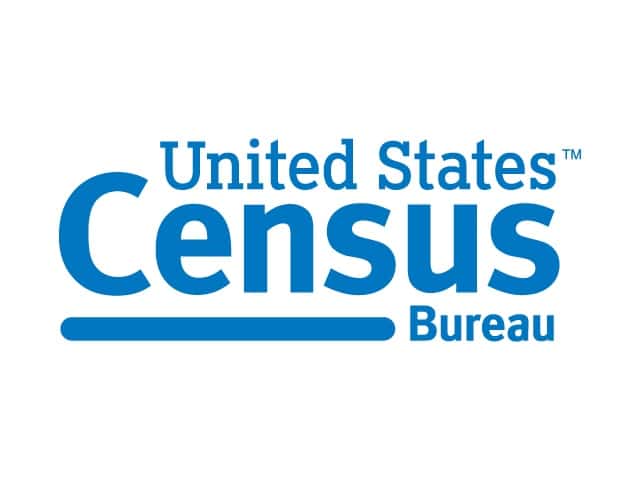Meghan Kallman and Sandra Cano: Stand up and be counted!
For the first time since 1950, the Census Bureau wants to ask everyone living in the United States whether they are citizens when it conducts the next census in 2020. This “citizenship question” is part of ongoing efforts by the Trump administration to vilify immigrants and make non-citizens afraid to fill out the census at all. But we must stand
February 5, 2019, 3:39 pm
By Meghan Kallman and Sandra Cano
For the first time since 1950, the Census Bureau wants to ask everyone living in the United States whether they are citizens when it conducts the next census in 2020. This “citizenship question” is part of ongoing efforts by the Trump administration to vilify immigrants and make non-citizens afraid to fill out the census at all. But we must stand up and be counted–all of us.
The census matters a great deal. Census numbers determine how ~$800 billion in federal money gets divided among states: in funds for transportation, housing and healthcare, and a great deal more. The census is the only official head count for the country to decide how to allocate our money.
A federal judge blocked the administration’s first efforts to add a citizenship question in late 2018, saying it was unconstitutional. Judge Jesse M Furman’s ruling described a “veritable smorgasbord” of legal violations by the Commerce Secretary in the crafting and advocacy of the question.
But the decision will likely be appealed, and whether or not the 2020 census includes a citizenship question is apt to be decided by the United States Supreme Court.
As representatives of Pawtucket, we are deeply concerned about this process and its implications. Asking questions about citizenship de-incentivizes participation, which has very negative effects for Rhode Island and communities like Pawtucket. But even if the census question is reinstated, we have a request to our constituencies: please fill out the census anyways.
We need to know how many of us there are so we can know how many schools to build. An accurate count will help us figure out how many busses we need. If we don’t know how many Rhode Islanders there are, we can’t plan accurately for our community’s long-term health. An artificially low census number will enfeeble the services that we already do have, including services for our immigrant communities.
We must work together – between community organizations, neighbors, congregations, legislators, and community members – to collect the most comprehensive census data possible, whether or not the citizenship question is on it. If we don’t, the cost of failure will be borne by our communities.






